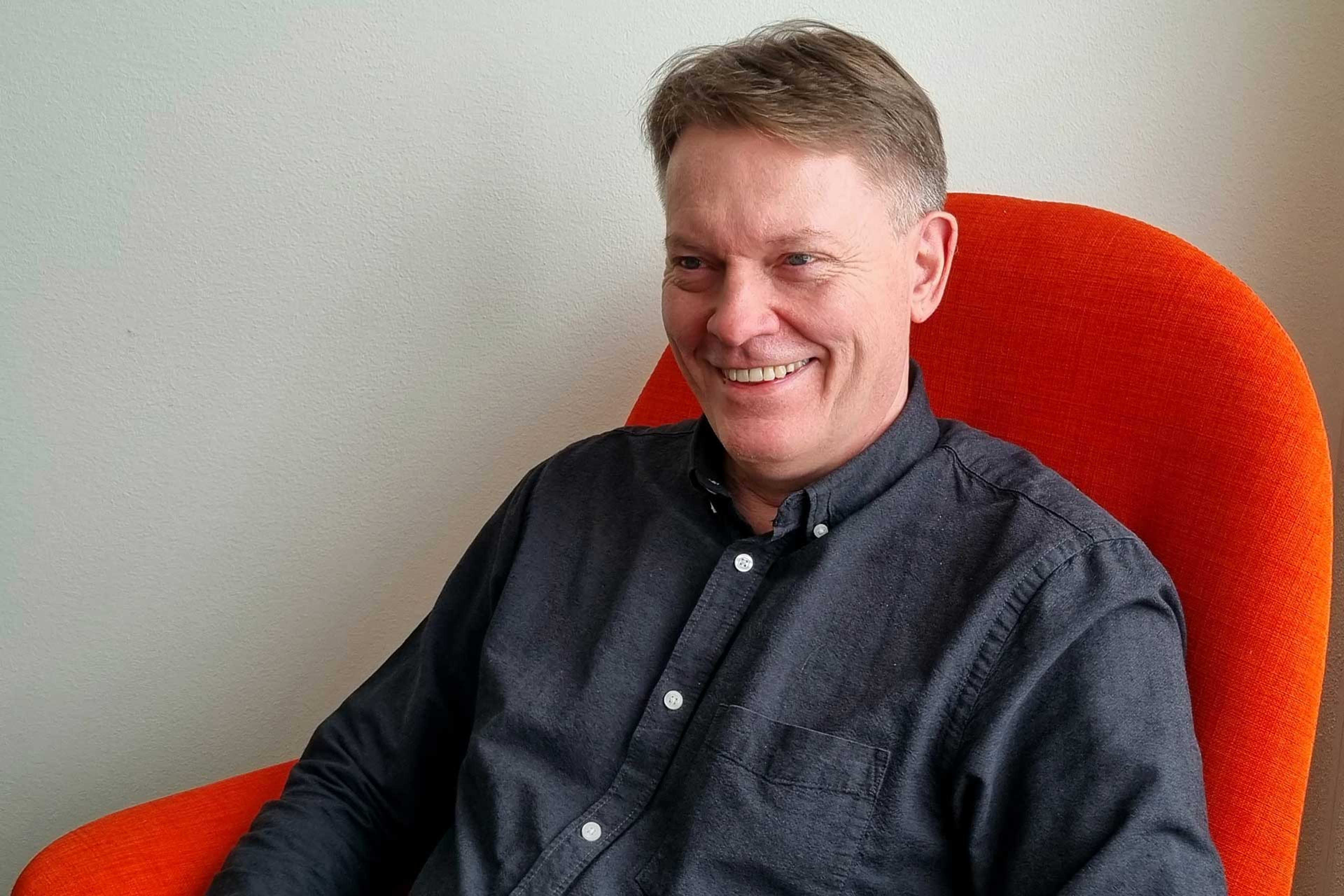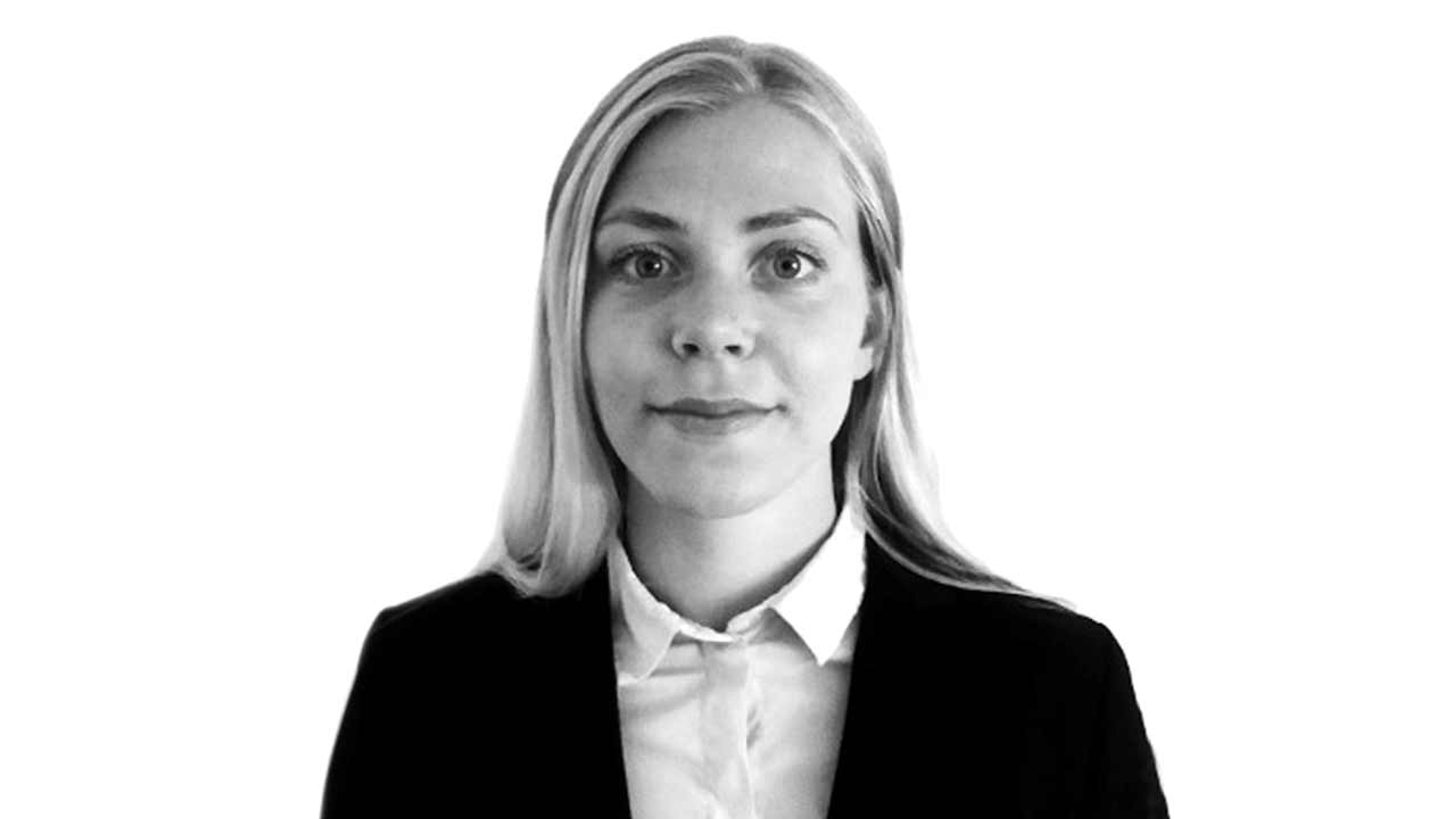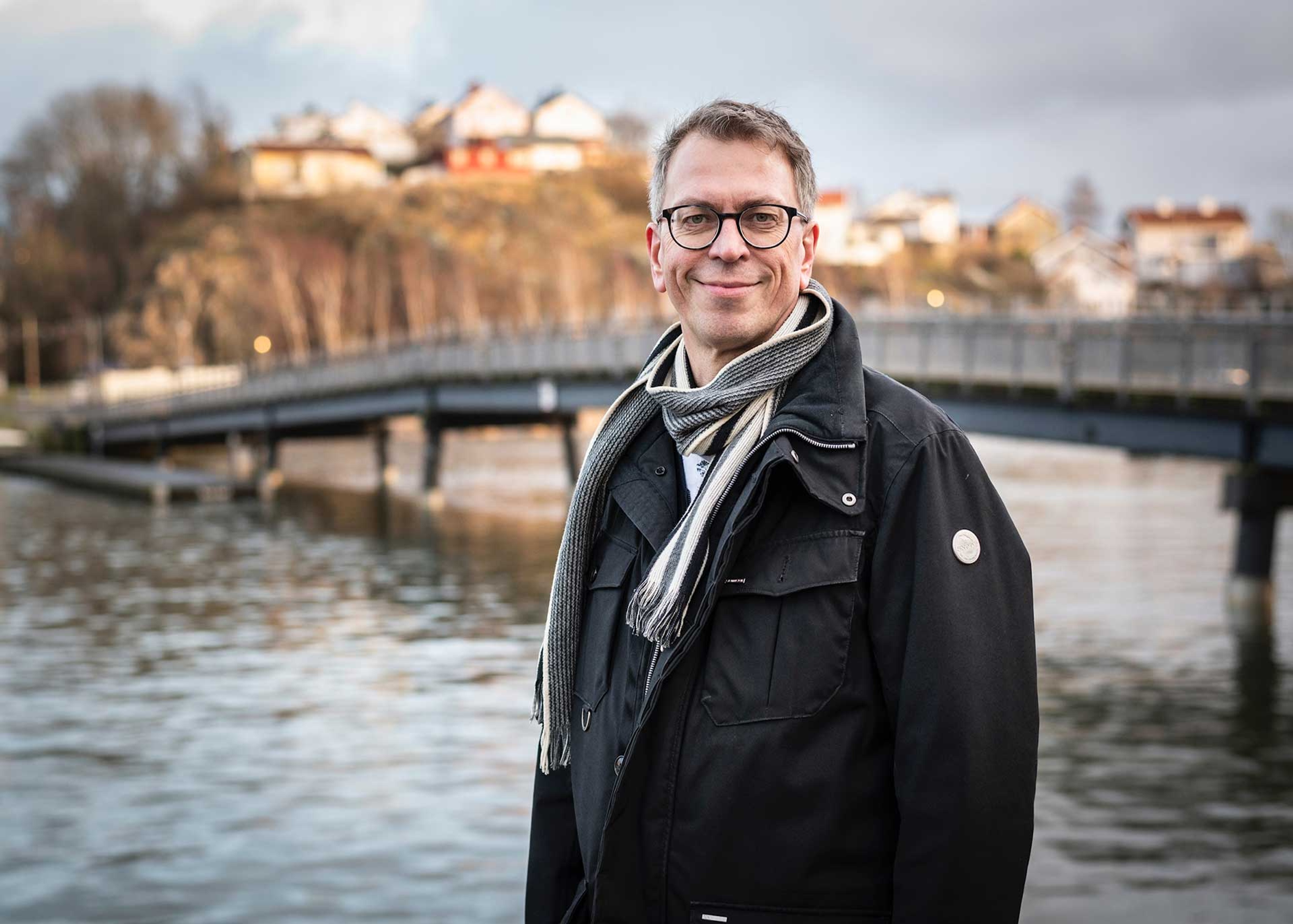Semcon StoriesQuality Excellence
From Quality Control Manager to consultant – an unconventional path
Being a consultant is something most people associate with the earlier stages of one’s career, envisioning managerial roles later on. Arne Bergens, however, tackled both line and project management roles from early on in multiple companies, and with nearly 30 years of experience under his belt, decided to take a big step and join Semcon as a consultant.

A bumpy road
During my career I sometimes had to make tough decisions. I think being a Quality Control (QC) Manager in the pharmaceutical industry while at the same time having a family with two kids has been one of the toughest challenges during my career, and at some point, I realized that it wasn’t possible to maintain a healthy work-life balance. This meant I needed to switch roles. Luckily at that time, there was a colleague in the same company that was willing to exchange roles with me, and it was also a move that the company could greenlight, so I switched to a more hands-on role as an analytical chemist.
The unappreciated value of quality control
While essential in the production of pharmaceutical products, improvements in the QC operations are often given low priority in many companies since it affects the manufacturing cost. Unlike the development of new products, where the value of innovation and R&D is not easily predictable and sometimes overestimated, it can be very tough to negotiate budget allocation as a QC manager with company management. Necessary improvements of QC processes and equipment are therefore often postponed until equipment breaks down beyond repair resulting in lengthy production halts. The risk of running into such situations can be minimized with a proactive view on QC resource needs. I have often seen huge amounts of resources being spent on production process projects while at the same time turning down investments in modern equipment in the QC laboratory. The work as a QC manager is therefore often a continuous balancing act with many friction points.
Between a rock and a hard place
There are situations you can find yourself in during your career where you feel like there is little room for personal development. For example, companies may not feel the need to evolve their products and focus their efforts on maintenance, cost reduction, etc. and that can feel like a dead end. At a certain point, I felt like the role of a manager at a big company didn’t turn out to be what I hoped, and I got tired of the turmoil of internal corporate politics. At the same time I didn’t want to return to doing the same kind of hands-on work that I did years ago.
I knew that starting a new company myself, like some of my earlier colleagues had done, wasn’t something that I wanted to do either, but the knowledge I collected over the years would be valuable to smaller companies that push the envelope when it comes to innovation. So, I began thinking “Maybe I could try working as a consultant, it will definitely be a change”.
Being a consultant is the best of all worlds.
During my time in management roles, I had contact from time to time with Semcon consultants. They seemed to have a good experience and always had positive things to say about Semcon. In 2021, when working for my previous employer, we were looking to hire consultants and evaluated different candidates from Semcon and others. I took the chance to “flip the coin” and I said to the Semcon representative “Would you be interested in hiring me instead?” - It turned out they were.
I had also noticed that because of COVID-19, there was an enormous demand for consultants, especially here in Uppsala since there was a fast-growing company in town involved in the development of COVID-19 vaccines.
As a consultant, you get to see how it is to work at different companies and with different types of projects. You never feel stagnant since there are always new challenges to tackle. In the life science industry, there can be periods when there is an immediate and potentially short-term need for experts, and as a consultant you often get to have roles that you wouldn’t otherwise.
Innovation in pharmaceuticals and life after COVID-19
COVID-19 caused huge changes in the industry. The company I am currently consulting has essentially quadrupled in manpower over two years. Such unprecedented growth presented a big challenge, especially because it came at a time when working from home became the norm for many. It was also a new kind of challenge for me. Vaccines are treated somewhat differently from a registration and lifecycle standpoint compared to classical pharmaceutical products. This was an unexplored territory for me who was used to working with more classic pharmaceuticals and medical devices.
Compared to two years ago, the demand for experts to work with vaccines has declined. We are living in a post-pandemic world, and COVID-19 isn’t the threat it was before, especially since a large percentage of the population has been vaccinated. One would assume that this could pose a threat employment wise, but since viruses mutates frequently, vaccines need to be updated regularly and combined with being situated in Uppsala, where many pharmaceutical companies are, I know that there will always be a project to work with as a consultant at Semcon.
About Arne
Title: Senior Analytical Expert
Education: PhD Analytical Chemistry
Worked at Semcon since: 2021

